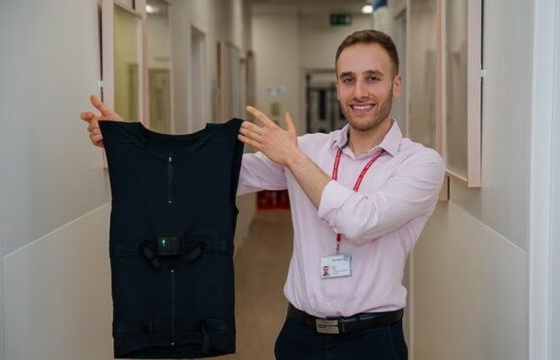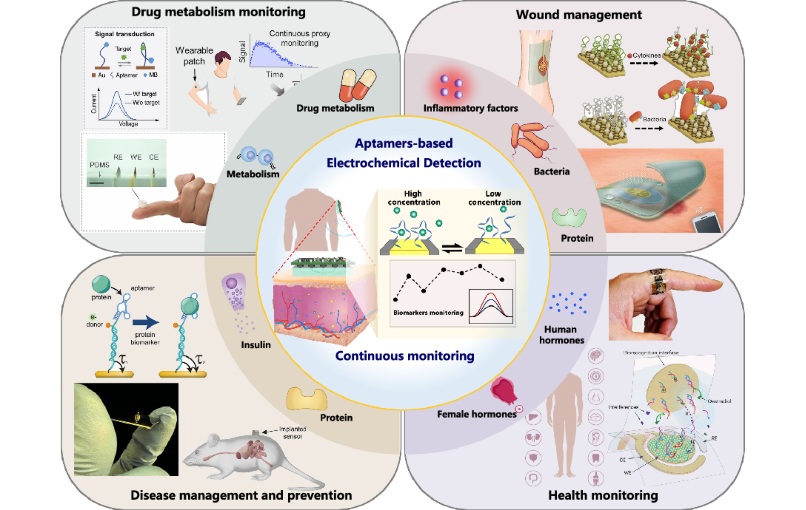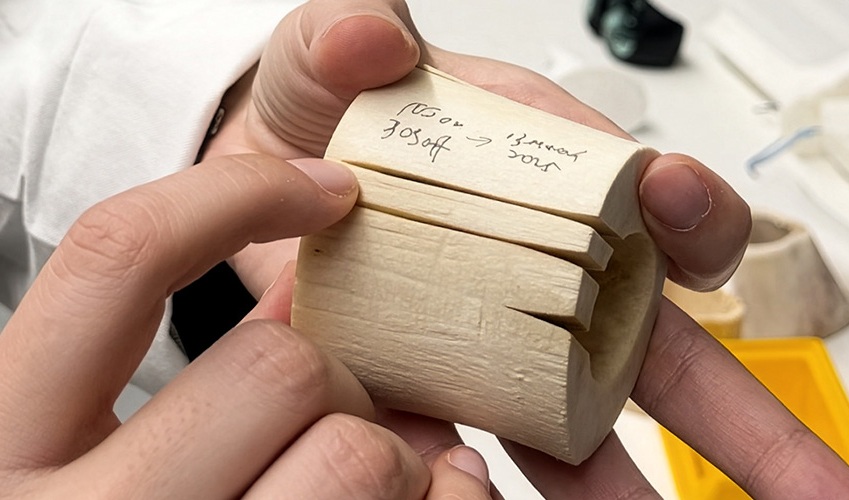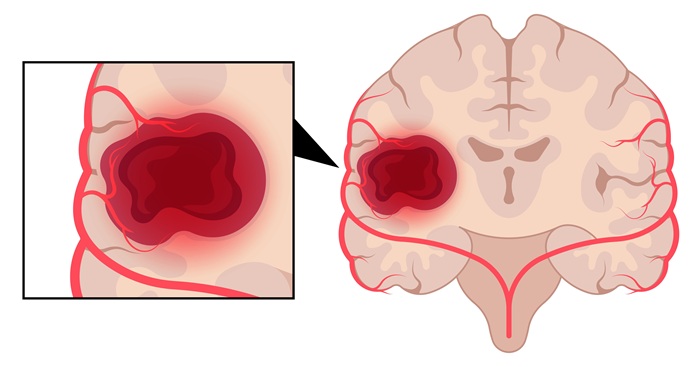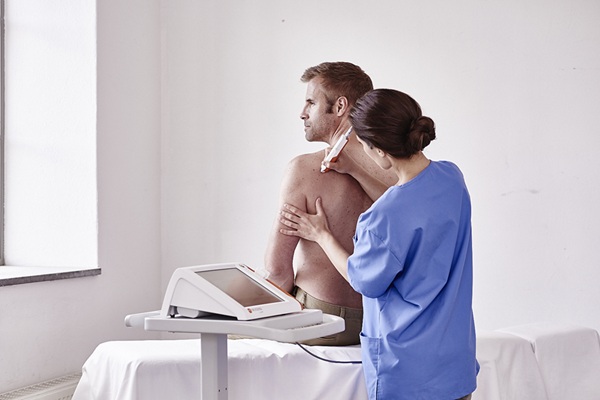World’s First COVID-19 Drug Based on Human Immunoglobulin Developed from Plasma of Recovered Patients
|
By HospiMedica International staff writers Posted on 14 Sep 2021 |

Illustration
The world’s first drug based on human immunoglobulin being developed from plasma of recovered patients could be effective on COVID-19 patients with mild conditions.
China National Pharmaceutical Group Co., Ltd. (Sinopharm Beijing, China) is developing two medicines for the treatment of COVID-19 based on human immunoglobulin and monoclonal antibody. Both the drugs could reduce the impact of the novel coronavirus in infected people and will be effective on patients with mild COVID-19, according to a report by the Global Times.
The first drug being developed from plasma of recovered COVID-19 patients or vaccinated uninfected people contains high-potency SARS-COV-2 neutralizing antibodies. The drug has demonstrated significant relief of symptoms and damage caused by SARS-COV-2 in pre-clinical studies and animal tests. The new drug containing a high level of neutralizing antibodies to the novel coronavirus is all set to soon enter Phase 3 clinical trials.
The second COVID-19 drug under development is based on a potent monoclonal antibody against the Delta variant discovered by researchers at Sinopharm. The monoclonal antibody is capable of effectively blocking the binding of the novel coronavirus to the Angiotensin-converting enzyme 2 which is attached to the membranes of cells located in the intestines, kidney, testes, gallbladder and heart. According to Sinopharm, the antibody can prevent the SARS-COV-2 virus from infecting human cells.
Related Links:
China National Pharmaceutical Group Co., Ltd.
China National Pharmaceutical Group Co., Ltd. (Sinopharm Beijing, China) is developing two medicines for the treatment of COVID-19 based on human immunoglobulin and monoclonal antibody. Both the drugs could reduce the impact of the novel coronavirus in infected people and will be effective on patients with mild COVID-19, according to a report by the Global Times.
The first drug being developed from plasma of recovered COVID-19 patients or vaccinated uninfected people contains high-potency SARS-COV-2 neutralizing antibodies. The drug has demonstrated significant relief of symptoms and damage caused by SARS-COV-2 in pre-clinical studies and animal tests. The new drug containing a high level of neutralizing antibodies to the novel coronavirus is all set to soon enter Phase 3 clinical trials.
The second COVID-19 drug under development is based on a potent monoclonal antibody against the Delta variant discovered by researchers at Sinopharm. The monoclonal antibody is capable of effectively blocking the binding of the novel coronavirus to the Angiotensin-converting enzyme 2 which is attached to the membranes of cells located in the intestines, kidney, testes, gallbladder and heart. According to Sinopharm, the antibody can prevent the SARS-COV-2 virus from infecting human cells.
Related Links:
China National Pharmaceutical Group Co., Ltd.
Latest COVID-19 News
- Low-Cost System Detects SARS-CoV-2 Virus in Hospital Air Using High-Tech Bubbles
- World's First Inhalable COVID-19 Vaccine Approved in China
- COVID-19 Vaccine Patch Fights SARS-CoV-2 Variants Better than Needles
- Blood Viscosity Testing Can Predict Risk of Death in Hospitalized COVID-19 Patients
- ‘Covid Computer’ Uses AI to Detect COVID-19 from Chest CT Scans
- MRI Lung-Imaging Technique Shows Cause of Long-COVID Symptoms
- Chest CT Scans of COVID-19 Patients Could Help Distinguish Between SARS-CoV-2 Variants
- Specialized MRI Detects Lung Abnormalities in Non-Hospitalized Long COVID Patients
- AI Algorithm Identifies Hospitalized Patients at Highest Risk of Dying From COVID-19
- Sweat Sensor Detects Key Biomarkers That Provide Early Warning of COVID-19 and Flu
- Study Assesses Impact of COVID-19 on Ventilation/Perfusion Scintigraphy
- CT Imaging Study Finds Vaccination Reduces Risk of COVID-19 Associated Pulmonary Embolism
- Third Day in Hospital a ‘Tipping Point’ in Severity of COVID-19 Pneumonia
- Longer Interval Between COVID-19 Vaccines Generates Up to Nine Times as Many Antibodies
- AI Model for Monitoring COVID-19 Predicts Mortality Within First 30 Days of Admission
- AI Predicts COVID Prognosis at Near-Expert Level Based Off CT Scans
Channels
Artificial Intelligence
view channelCritical Care
view channel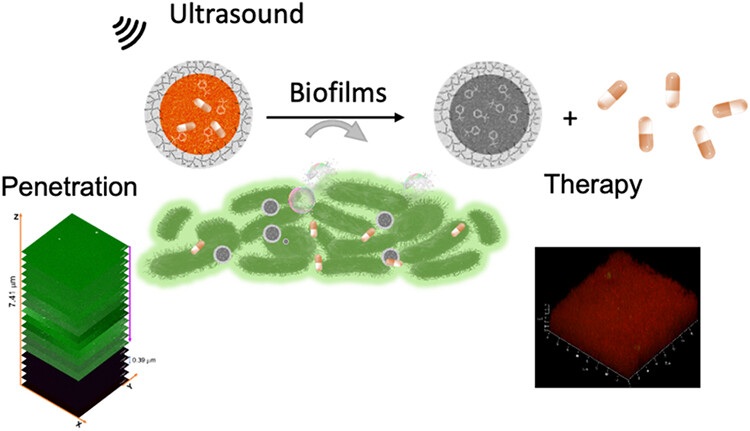
Ultrasound-Activated Nanoagents Kill Superbugs Hiding in Biofilms
Bacterial infections that form biofilms are notoriously difficult to treat. These dense, protective microbial layers shield bacteria from antibiotics and the immune system, often leading to persistent... Read more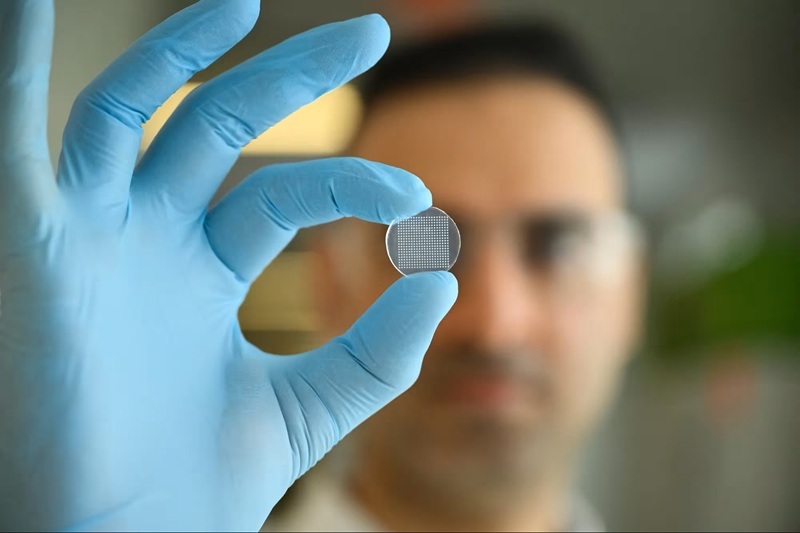
Painless Microneedle Skin Patch Monitors Immune Health
Studying immune responses typically requires blood draws or skin biopsies, both of which are invasive and sometimes uncomfortable. Many critical immune cells reside in tissues such as the skin, making... Read moreSurgical Techniques
view channel
Novel Hydrogel Could Become Bone Implant of the Future
Bone fractures often heal naturally, but severe injuries or bone tumors may require surgical implants to restore stability and promote healing. Current solutions typically involve autografts using the... Read more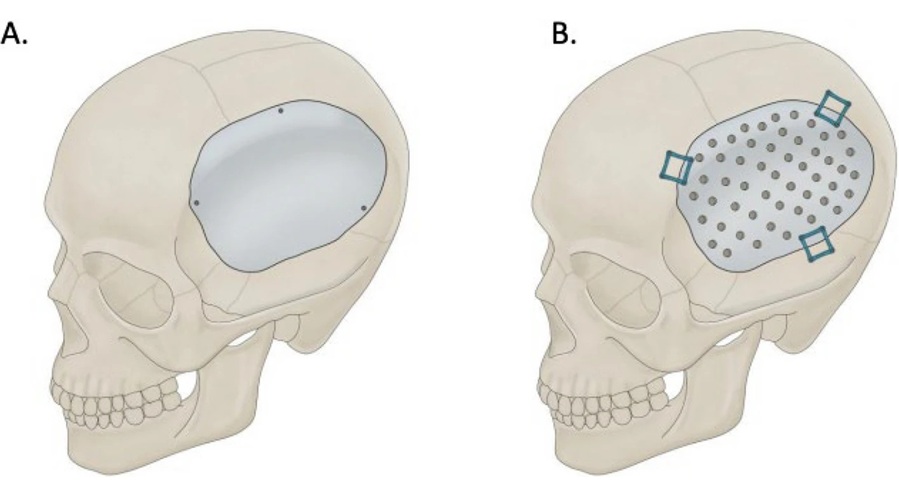
Skull Implant Design Could Shape Surgical Outcomes
Cranioplasty is a common neurosurgical procedure performed to repair skull defects after decompressive craniectomy. In addition to restoring protection to the brain, the surgery can enhance neurological... Read morePatient Care
view channel
Revolutionary Automatic IV-Line Flushing Device to Enhance Infusion Care
More than 80% of in-hospital patients receive intravenous (IV) therapy. Every dose of IV medicine delivered in a small volume (<250 mL) infusion bag should be followed by subsequent flushing to ensure... Read more
VR Training Tool Combats Contamination of Portable Medical Equipment
Healthcare-associated infections (HAIs) impact one in every 31 patients, cause nearly 100,000 deaths each year, and cost USD 28.4 billion in direct medical expenses. Notably, up to 75% of these infections... Read more
Portable Biosensor Platform to Reduce Hospital-Acquired Infections
Approximately 4 million patients in the European Union acquire healthcare-associated infections (HAIs) or nosocomial infections each year, with around 37,000 deaths directly resulting from these infections,... Read moreFirst-Of-Its-Kind Portable Germicidal Light Technology Disinfects High-Touch Clinical Surfaces in Seconds
Reducing healthcare-acquired infections (HAIs) remains a pressing issue within global healthcare systems. In the United States alone, 1.7 million patients contract HAIs annually, leading to approximately... Read moreHealth IT
view channel
EMR-Based Tool Predicts Graft Failure After Kidney Transplant
Kidney transplantation offers patients with end-stage kidney disease longer survival and better quality of life than dialysis, yet graft failure remains a major challenge. Although a successful transplant... Read more
Printable Molecule-Selective Nanoparticles Enable Mass Production of Wearable Biosensors
The future of medicine is likely to focus on the personalization of healthcare—understanding exactly what an individual requires and delivering the appropriate combination of nutrients, metabolites, and... Read moreBusiness
view channel
Medtronic to Acquire Coronary Artery Medtech Company CathWorks
Medtronic plc (Galway, Ireland) has announced that it will exercise its option to acquire CathWorks (Kfar Saba, Israel), a privately held medical device company, which aims to transform how coronary artery... Read more
Medtronic and Mindray Expand Strategic Partnership to Ambulatory Surgery Centers in the U.S.
Mindray North America and Medtronic have expanded their strategic partnership to bring integrated patient monitoring solutions to ambulatory surgery centers across the United States. The collaboration... Read more
FDA Clearance Expands Robotic Options for Minimally Invasive Heart Surgery
Cardiovascular disease remains the world’s leading cause of death, with nearly 18 million fatalities each year, and more than two million patients undergo open-heart surgery annually, most involving sternotomy.... Read more














